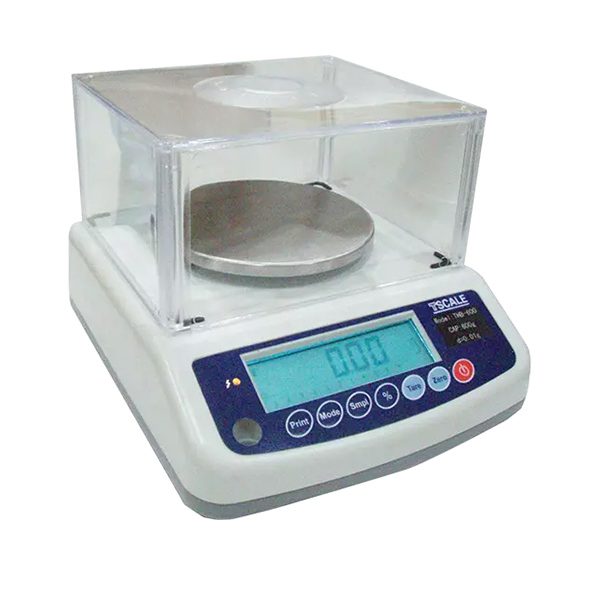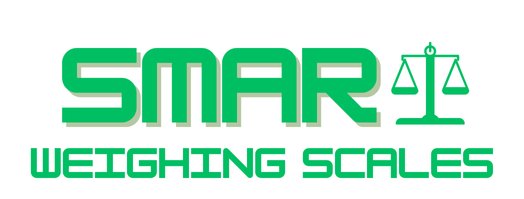Smart Weighing Scales Kampala
Laboratory Weighing Scales Price Sensitivity In Uganda
Laboratory Weighing Scales Price Sensitivity In Uganda
Couldn't load pickup availability
What Is Price Sensitivity
Price sensitivity refers to how much the demand for a product changes when its price changes. For lab weighing scales, high price sensitivity means that small increases in price will significantly reduce demand, and likewise, small discounts or better value will attract many more buyers. Low sensitivity means buyers are less influenced by price — often because they need specific features, certification, or reliability, and are willing to pay more.
In the context of Uganda, price sensitivity for laboratory weighing scales depends on:
-
The type of buyer (academic institution, research lab, pharmaceutical firm, school vs personal or light-use lab)
-
The budget constraints and availability of funding (especially public vs private institutions)
-
The required precision / calibration / certification — more demanding specs (e.g. analytical balances) tend to reduce price sensitivity because fewer suppliers meet the specs
-
Alternative options (imported vs local, second-hand vs new)
-
Risk of substandard goods — if many low cost options are unreliable, buyers are more cautious and more willing to pay for trustworthy suppliers
-
Comparing Price Sensitivity Across Product Types
Some product types are more price sensitive than others. Here’s how it tends to break down in Uganda:
-
Precision / Top-loading balances: moderately sensitive. Buying decisions often trade off capacity and precision vs cost. Small labs will opt for lower priced models; larger labs less so.
-
Analytical balances: less price sensitive among serious labs, but high sensitivity among buyers who don’t truly need full-spec models. If specs are overkill, they may opt for cheaper precision models.
-
Portable / field balances: more sensitive. Buyers in remote or educational field settings often prioritize cost, durability, battery operation over ultra-fine readability.
-
Features like internal calibration, connectivity, draft shield are “premium” add-ons; many buyers treat them as optional and are sensitive to their cost.
How Smart Weighing Kampala Can Use This Insight
Given what price sensitivity looks like, here are some ways Smart Weighing Kampala could leverage this:
-
Segmented Product Offerings – clearly label product ranges (e.g. Basic, Mid, Premium) so buyers can self-select based on budget vs precision.
-
Offer Entry Level Options – have robust, lower precision but certified basic balances for cost-sensitive institutions with limited budgets.
-
Feature Modular Upgrades – allow buyers to start with a base model and upgrade features (connectivity, calibration, shield) later; this helps reduce upfront price barrier.
-
Publish Total Cost of Ownership – emphasize how a more expensive but reliable scale saves money over time (less drift, fewer repairs, better accuracy), which appeals to less price sensitive buyers.
-
Local Calibration & Certification – reduce usage of imported uncertified items; emphasize local service which reduces hidden costs and risk.
-
Transparent Pricing & Value Proposition – in marketing, show what quality buyers get (readability, certification, warranty) rather than just low price.
Caveats & Challenges
-
Currency fluctuations – Many lab balances are imported; if import costs rise, supplier may need to raise prices. Buyers sensitive to price may delay purchases.
-
Substandard goods – Because there is demand for low-cost items, counterfeit or low-quality balances may undercut reputable suppliers, hurting markets. Buyers may be drawn to cheap, unverified products—but risk inaccuracy or lack of support.
-
Budget constraints in institutions – Schools, public labs often constrained by procurement budgets; tend to go for lowest acceptable price rather than best spec.
-
Regulatory environment – Need for UNBS or equivalent certification raises notion of minimum acceptable price; scales without that might be cheaper but not acceptable in certain uses.
-


